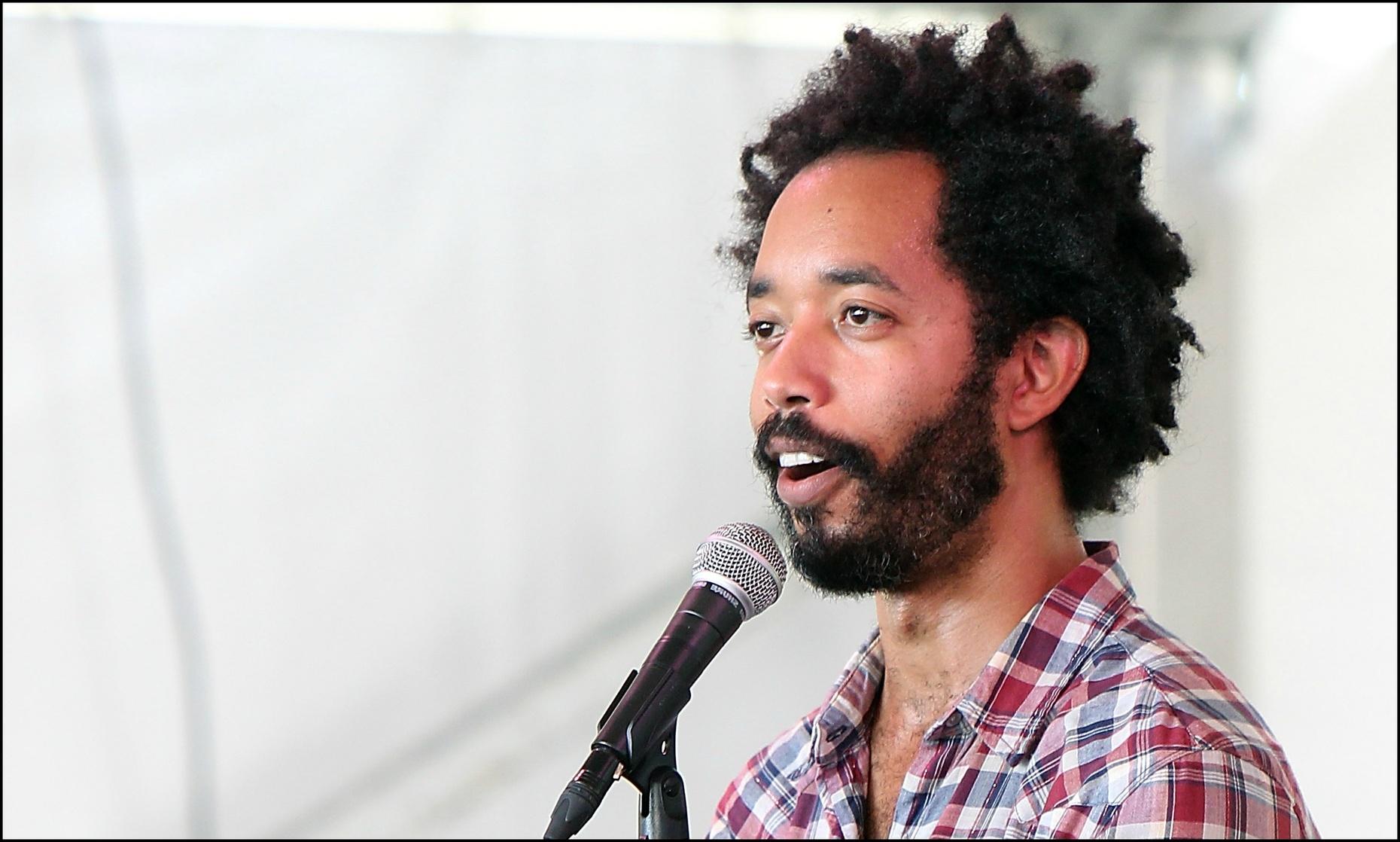Watch: Studio 360 Live with Wyatt Cenac and The Story Collider
As part of our ongoing Science & Creativity series, Studio 360 is hosting a sold-out live storytelling event on Tuesday, May 10th, in collaboration with The Story Collider. Butif you can’t make it, we’ve got you coveredwith a livestream.Bookmark your browsers, set a reminder for 7 p.m., and we’ll see you right here. Send a tweet to @Studio360showand let us know what you think!
Watch a Livestream of “Uncovering the Truth” Here
The Evening’s Theme
The road to scientific discovery is anything but simple. The way is littered with false starts, false leads, and even false intentions. On May 10,Studio 360 with Kurt Andersenteams up withThe Story Colliderto present four true, personal stories about science with surprising and funny twists. Join us as scientists and comedians recount adventures with wildfires, distrustful colleagues, uncooperative data, and even fraud — all on their way to exploring the natural world.
About the Performers
Wyatt Cenacis a comedian and a former correspondent on “The Daily Show with Jon Stewart.” He has also released multiple standup specials, most recently on Netflix, and appeared on film and TV. He regularly hosts a standup evening in Brooklyn called “Night Train with Wyatt Cenac.” Follow him on Twitter@wyattcenac.
Aparna Nancherlais a standup comedian and writer who has written for “Late Night with Seth Meyers” and appeared on “Totally Biased with W. Kamau Bell,” among many other programs. Follow her@aparnapkin.
Dr. HermanPontzer,professor of anthropology at Hunter College in New York, investigates human and ape evolution. His work incorporates laboratory and field studies of humans and apes, living and extinct, to shed light on our evolutionary past. Most recently, Dr. Pontzer has investigated energy expenditure among Hadza hunter-gatherers in northern Tanzania. Followhim@HermanPontzer.
Dr. Rachel Yehudais a professor of psychiatry and neuroscience at the Icahn School of Medicine at Mount Sinai and director of the Mental Health Patient Care Center at the James J. Peters Bronx Veterans Affairs hospital. Her research on PTSD has included both human populations and animal models, neuroendocrinology, and genomic and molecular biological studies of trauma.
Presented with support from the Alfred P. Sloan Foundation.
